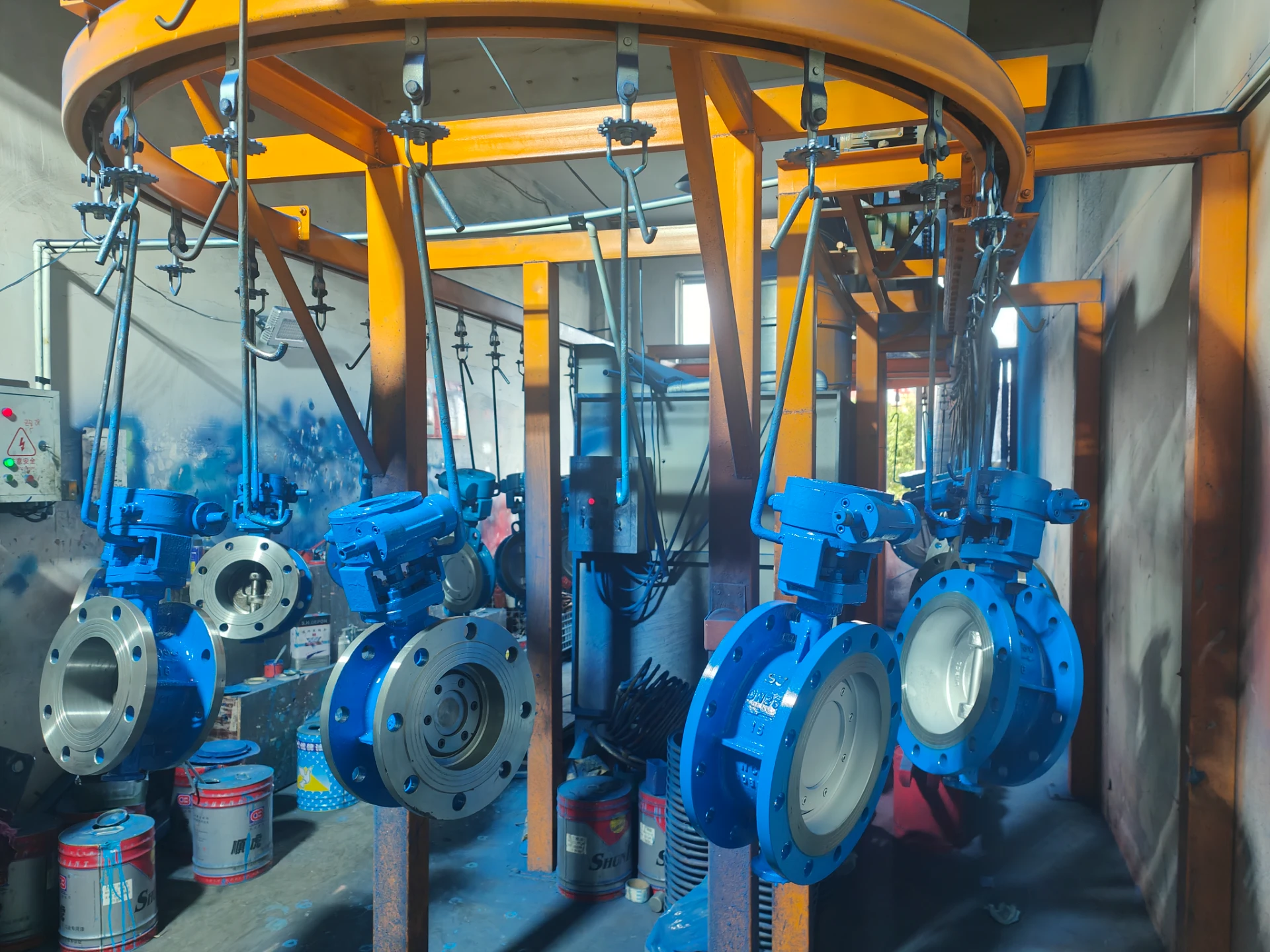gate valve lever
Understanding the Gate Valve Lever Functionality, Design, and Applications
Gate valves are essential components in various industrial applications, serving as a critical part of fluid control systems. The gate valve lever, often overlooked, plays a significant role in the operation of these valves. In this article, we will delve into the functionality, design, and applications of the gate valve lever, elucidating its importance in ensuring efficient and reliable operation.
What is a Gate Valve?
Before discussing the gate valve lever, it is essential to understand what a gate valve is. A gate valve is a linear motion valve that opens or closes in a straight line. Unlike other valve types that regulate flow through throttling, a gate valve is designed to provide full flow with minimal pressure drop when fully opened. This makes gate valves ideal for applications where the flow needs to be either fully on or fully off, such as in oil and gas pipelines, water supply systems, and other critical operations.
The Role of the Gate Valve Lever
The gate valve lever is the pivotal mechanism that facilitates the operation of the gate valve. Typically attached to the valve's stem, the lever is designed to provide leverage for easy opening and closing of the valve. When the lever is turned or lifted, it translates the motion directly to the valve's gate, allowing it to rise or fall accordingly.
One of the primary functions of the gate valve lever is to ensure that the operator can control the flow of fluid with ease
. In many systems, these valves are located in hard-to-reach areas, and the lever provides the necessary mechanical advantage to operate the valve without excessive effort. Additionally, the design of the lever is such that it provides a clear visual indication of the valve's status—whether it is open or closed—allowing for quick assessment and immediate action if necessary.Design Characteristics
Gate valve levers come in various designs, suited for different applications and types of valves. They can be made from various materials, including cast iron, stainless steel, and bronze, each selected based on the specific requirements of their environment, such as corrosion resistance or strength.
In many cases, the lever is connected to a rotating or lifting mechanism that engages with the valve gate. Some designs include a handwheel, which allows for more precise control, while other valves may have levers that switch from a horizontal to a vertical position for operation. The choice of design often depends on the size of the valve, the amount of torque required, and the specific application.
gate valve lever

Applications of Gate Valve Levers
Gate valve levers are utilized across numerous industries, including
1. Oil and Gas In drilling and production applications, gate valves, equipped with levers, ensure that operators can control fluid flow amidst high pressures and harsh environments.
2. Water Treatment Water treatment plants rely heavily on gate valves to manage water flow within the system. Levers provide ease of operation for operators overseeing large-scale water management.
3. Manufacturing In various manufacturing processes, gate valves control the flow of liquids and gases, with levers allowing operators to adjust settings quickly and safely.
4. Fire Protection Systems Fire suppression systems utilize gate valves to regulate water flow. Gate valve levers can provide immediate access to open or close the water supply in case of emergencies.
5. HVAC Systems In heating, ventilation, and air conditioning systems, gate valves serve as isolation valves, regulating the flow of air and fluids through ductwork and piping.
Conclusion
The gate valve lever, though often a small component, is critical to the efficient operation of gate valves. Its design and functionality ensure that operators can manage fluid flow safely and effectively across various applications. As industries continue to evolve, so too will the design and technology surrounding gate valve levers, making them an indispensable part of fluid control systems. Understanding their importance can lead to better maintenance practices, improved safety, and enhanced system performance in multiple engineering endeavors.
-
Buy WCB Gate Valve: Robust & Reliable Industrial SolutionNewsAug.28,2025
-
3 types of check valves maintenance tipsNewsAug.23,2025
-
Ball valves types with trunnion mounted designNewsAug.23,2025
-
Butterfly valve company production capabilitiesNewsAug.23,2025
-
Fisher globe valve technical specificationsNewsAug.23,2025
-
Types of gaskets for flanges selection guideNewsAug.23,2025
-
Wedge gate valve suppliers quality standardsNewsAug.23,2025




